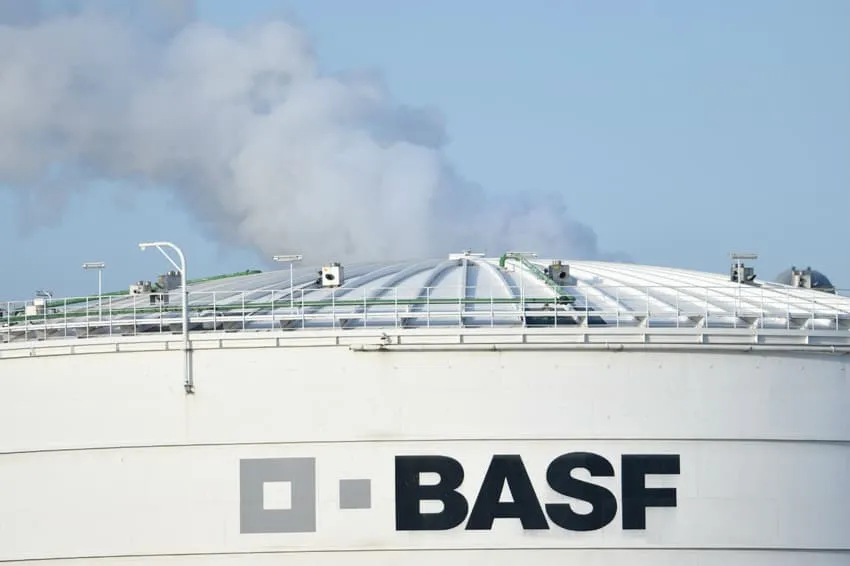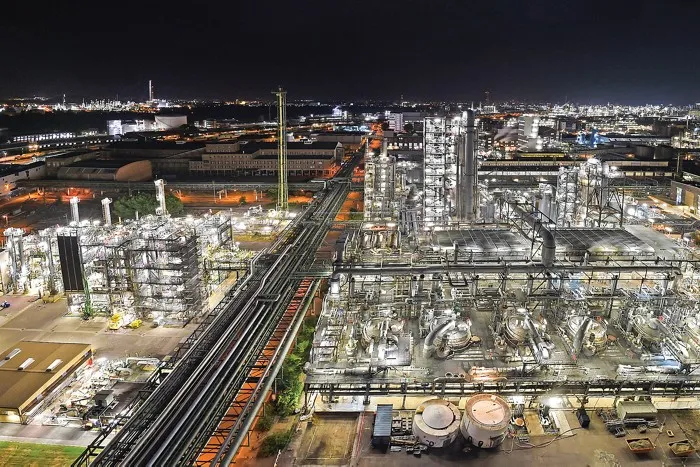Chemicals manufacturer BASF, headquartered in Ludwigshafen, Germany, has announced plans to cut around 2,600 jobs as part of a cost-cutting drive to combat the impact of high energy prices. The company reported a net loss of €627 million in 2022, largely due to charges related to the exit from Russia of its gas and oil subsidiary, Wintershall Dea. The subsidiary’s gas transportation business was affected by a complete write-down on BASF’s participation in Nord Stream AG, after the Nord Stream 1 pipeline was damaged in explosions described as sabotage. The pipeline, majority-owned by Russia’s Gazprom, has not transported gas to Germany since August.
The cost-cutting program aims to generate annual savings of more than €500 million in the company’s service, operating, and research and development divisions, as well as corporate headquarters. The measures will be implemented by the end of 2026, with the goal of reducing fixed costs by more than €200 million per year. Chief executive Martin Brudermuller expressed frustration with the regulatory environment in Europe, citing “over-regulation, slow and bureaucratic permitting processes, and high costs for most production input factors” as hampering market growth and competitiveness.
The company plans to close some of its plants at the Ludwigshafen site, affecting around 700 production jobs. However, BASF aims to offer most of the affected employees employment in other plants. The measures will have a net effect on around 2,600 positions, including the creation of new positions, particularly in hubs. With over 111,000 employees worldwide, BASF hopes to minimize the impact of the job cuts.

Germany’s BASF
The company’s decision to exit Russia was prompted by the country’s invasion of Ukraine. BASF stated that its operations in Russia accounted for around 10% of its global revenue before the war. The company has decided to focus on its core business in Europe and other regions, rather than continue to invest in Russia.
In response to the rising energy costs, BASF is implementing cost-saving measures to reduce its energy consumption and explore alternative energy sources. The company is also investing in renewable energy and energy-efficient technologies. As a leading chemicals manufacturer, BASF’s cost-cutting drive is a significant development in the industry, particularly in the context of the ongoing global energy crisis.











































